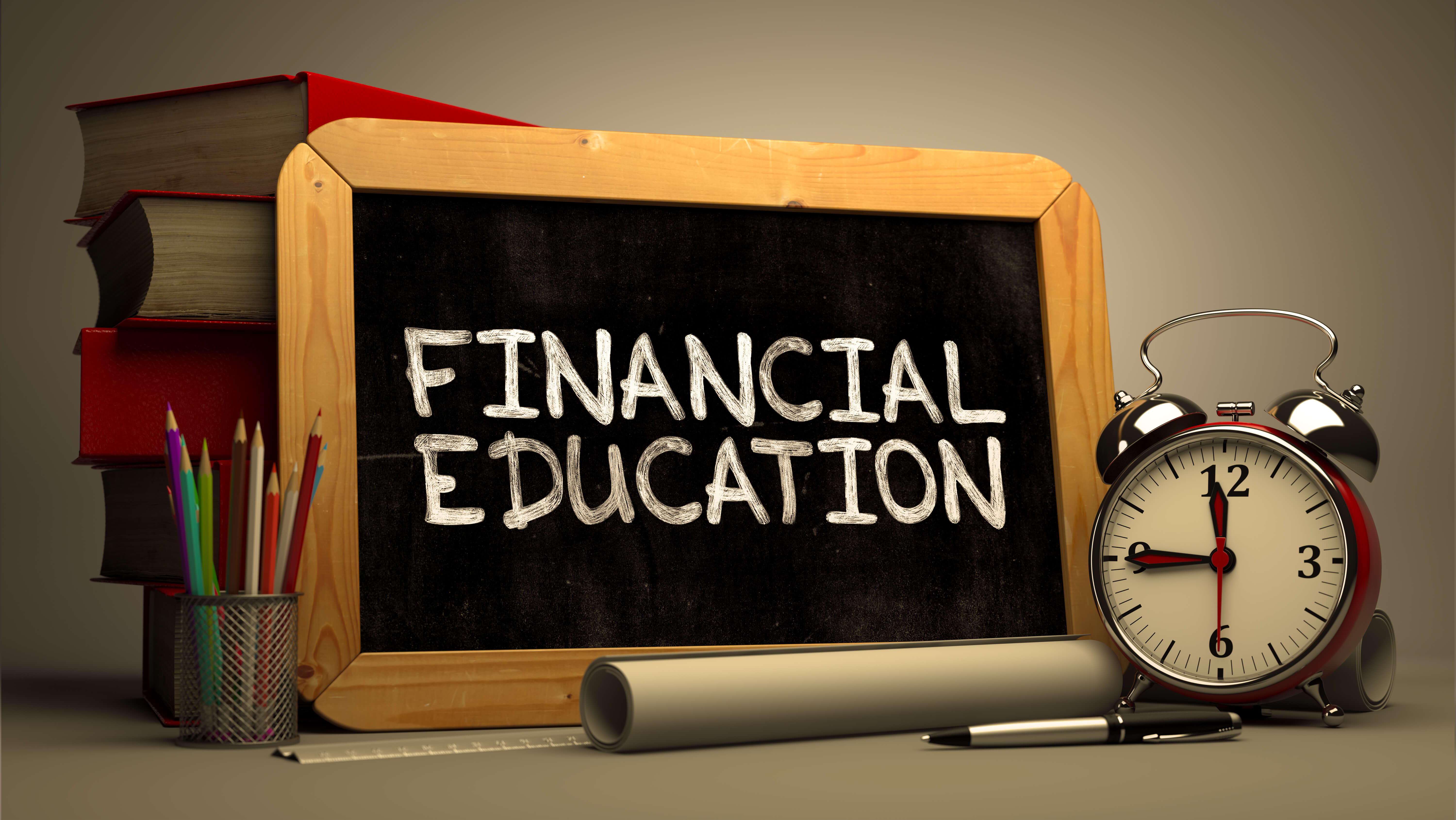Information of importance, recommended to interested readers by Mark La Spisa..

3 Money Lessons for Your Kids As They Go to College
You may not want to kiss your college student goodbye with a lecture on finances, but making poor money decisions can follow your child for years, so it’s worth taking some time to go over potential consequences. If nothing else, here are three conversations you should have about finances early in their first semester:
1. Learn to Bargain Hunt… No matter the living conditions they’re used to at home, teenagers need to get used to living like students. Even if parents help pay for college and any expenses they have while in school, all students will eventually have to learn to be financially independent, and college is a good time to start teaching that lesson, if you haven’t already.
Plenty of resources will be available on campus, but they may not be the most affordable ones. Help your student learn the value of research by having them compare prices at the bookstore, used book sales, textbook rental sites and the library. Many campuses will have convenience stores and other places to purchase necessities, but it might be much more expensive to buy on campus than to take a trip to a local big-box store. It’s important for young adults to learn that their student loan refund, campus credit or funds from Mom and Dad aren’t funny money. Otherwise, they may run into spending problems when they graduate and try living on their own.
2. You’ll Pay for Skipping Class… Find out how many courses your student is taking and how often they meet, and use that information to calculate the cost of every class. Every time your kid skips a class, they’re wasting that money. This is especially important for students borrowing money for college, because whether or not they attend class or learn anything, they’re still going to have to repay those loans.

3. Your Credit Report Is as Important as Your Report Card… If your student gets a credit card, they’ll face a lot of temptation to spend more than they can afford to repay. Other students may have more spending money and your child may want to use a credit card as his or her means of keeping up. It can also be a go-to tool for late-night spending and party-throwing, when the possibility of having fun trumps the desire to be responsible. Explain to them how credit card debt will affect their credit history and how long they’ll be paying for things charged to a card that isn’t paid in full.
Dear Student: Yes, it’s very important to learn a lot and do well in school, but if you have student loans or a credit card while in college, you also need to pay attention to how well you manage your finances. You probably won’t make as much as you think when you graduate so don’t run up debt assuming you can just worry about it later. Even if you do land a job with a good salary after graduation, there will be a lot of new financial demands too. Keep your debt low and you’ll always have more options.
After graduation, your credit report will count more than your report card! Most employers won’t look at your report card – certainly not after your first job – but they may review your credit report. So, make sure you check yours once you’ve started establishing credit, and then make sure you pay those accounts on time.
You can introduce your student to free tools like those on Credit.com, where they can get their credit scores for free. It’ll show them how their credit card use and student loans are affecting their credit standing while they’re in school, and as a bonus, they’ll be able to continue the good habit of monitoring their credit once they enter the workforce and take on more financial responsibility.
If your student makes the most out of his or her college days, ideally he or she can get a good job and repay student loans without an issue, but there are millions of students who have dropped out of college or graduated with unmarketable skills, making it extremely difficult to make a good living and repay education loans. Considering that student loans are rarely discharged in bankruptcy, you and your child will want to do everything possible to stay current on those payments.
Don’t be afraid to talk about these issues and life after college. Your student will be thankful for the advice years later, when they’re not struggling with debt or budgeting problems as a result of being financially clueless at age 18.
Taken from an article writen by Christine DiGangi
Note: The opinions voiced in this material are for general information only and not intended to provide specific advice or recommendation for any individual. Please remember that past performance of investments may not be indicative of future results. Different types of investments involve varying degrees of risk, and there can be no assurance that the future performance of any specific investment, investment strategy, or product made reference to directly or indirectly in this newsletter (article), will be profitable, equal any corresponding indicated historical performance level(s), or be suitable for your portfolio. Due to various factors, including changing market conditions, the content may no longer be reflective of current opinions or positions. Moreover, you should not assume that any discussion or information contained in this post serves as the receipt of, or as a substitute for, personalized investment advice from Vermillion Financial Advisors, Inc. To the extent that a reader has any questions regarding the applicability of any specific issue discussed within this newsletter to his/her individual situation, he/she is encouraged to consult with the professional advisor of his/her choosing. A copy of our current written disclosure statement discussing our advisory services and fees is available for review upon request.

